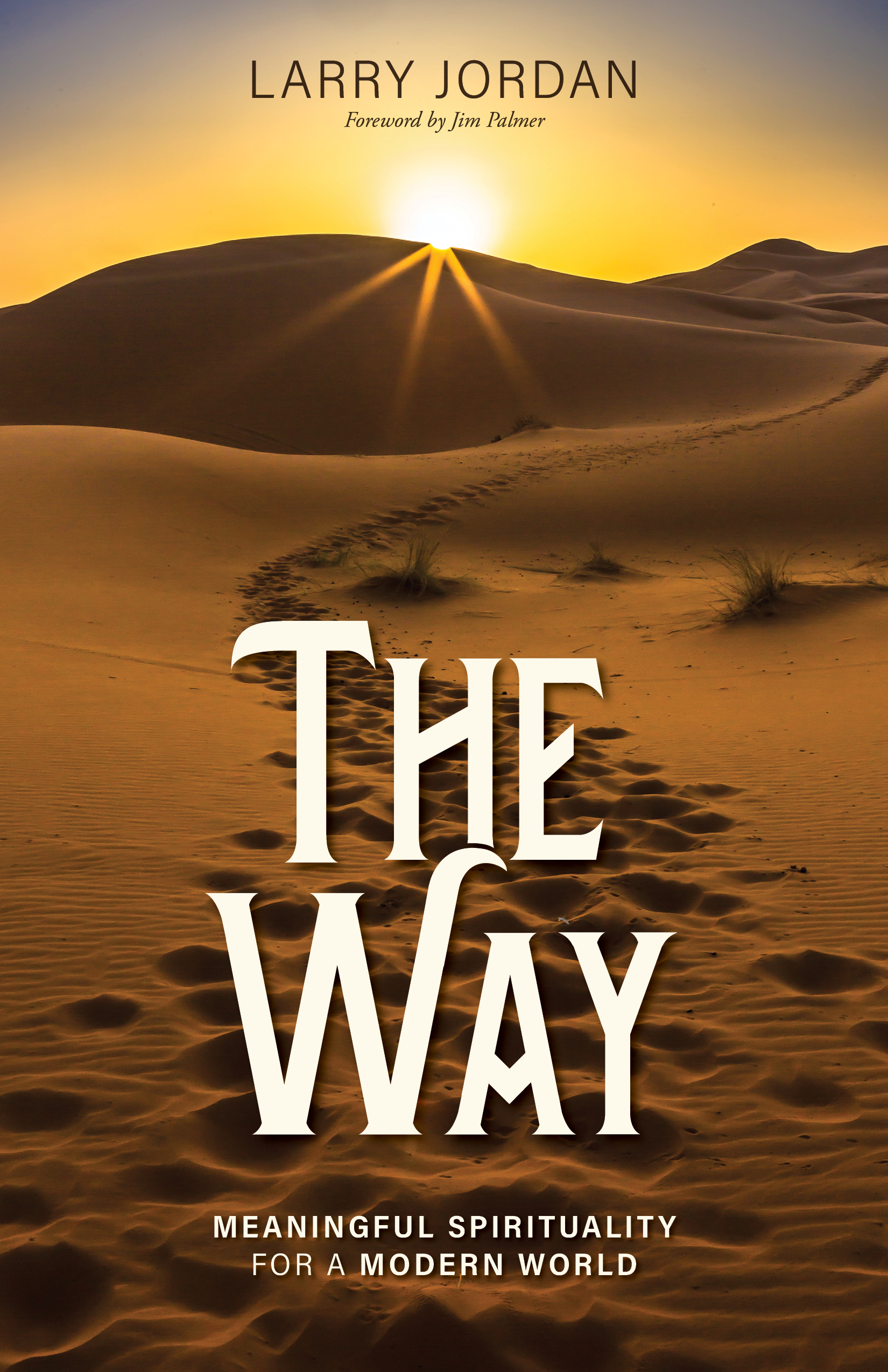The Way: Chapter Summary, Part 1
The Way deconstructs Christian orthodoxy, The book accepts Jesus and his teachings but rejects some human proclamations and theories about Jesus. This deconstruction is not angry or judgmental.
Introduction -- The book is a work of reporting, more than apologetics or essay or memoir. The book was difficult to write because politics and religion are the "third rails" of civil discourse, and the journey was difficult to undertake because most people do not question their own beliefs.
Part 1: Deconstruction -- Have you ever unlearned anything? How much of what you learned about religion is based on speculation, not fact? Part 1 will "soften the soil" for Part 2.
Chapter 1: Differences in Worldviews -- There are fundamental and significant differences between the Western worldview--which assumes a created Universe and a personal God--and the Eastern worldview--which assumes an eternal Universe and an impersonal God.
Chapter 2: God -- Religion is cultural. Many Christian beliefs come from Augustine or Aquinas, not from Jesus or God. Blind faith in ancient doctrines creates an artificial tension between religion and science. No other art of science or profession calcifies its teaching or closes its canon for 1,700 years.
Chapter 3: The Gentiles, Pagans, and Romans -- Much of Christian doctrine derives from Greek or Roman culture and ancient, pagan religions. Doctrines like original sin, the Trinity, and substituonary atonement are not Biblical (and they are not attributable to Jesus.)
Chapter 4: The Jews and the Jewish Christians -- Jesus was a Jew who attempted to reform Judaism. The original Christians were Jews who had no Bible and no doctrine until 400 years after Jesus' death.
Chapter 6: The Gentile Christians -- The Gospel writers, as well as James, Paul, Thomas (and Jesus) each had their own different and unique theologies. In the later writings, Jesus was increasingly mythologized.
Chapter 7: The Catholics and the Protestants -- Catholicism began at the Council of Nicaea in AD 325, where the Roman Emperor and the Catholic bishops defined Christian beliefs. Protestantism began over 1,500 years after Jesus' death, when Martin Luther championed his own beliefs, replacing Catholic speculation with Protestant speculation.
Chapter 8: Jesus -- Jesus proclaimed the Kingdom of God, a focus on societal transformation, not personal salvation. Jesus would likely not recognize either conservative Christianity or liberal Christianity, as practiced today.
Chapter 9: The Modern Christians -- Christianity, like lost religions, was originally called "The Way," but what started as a transformative way of life soon became a rigid system of beliefs.

